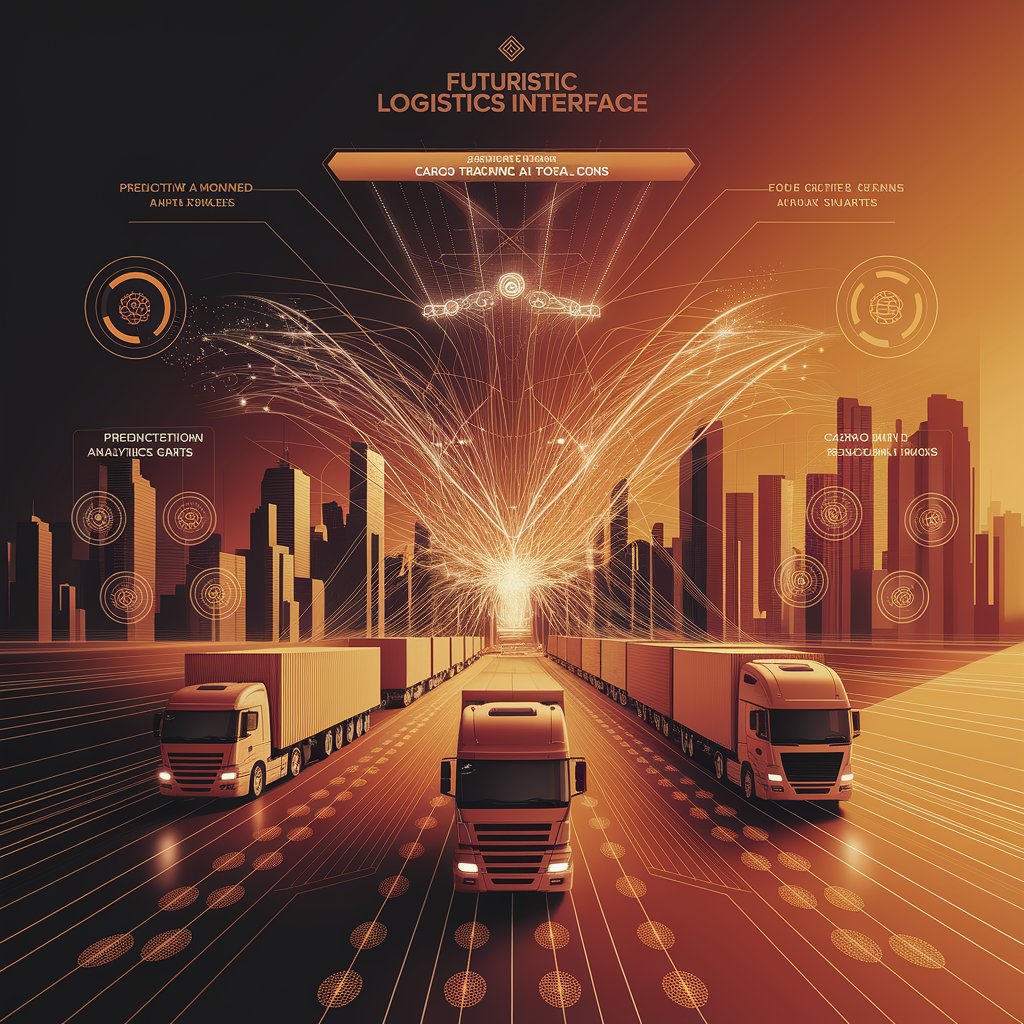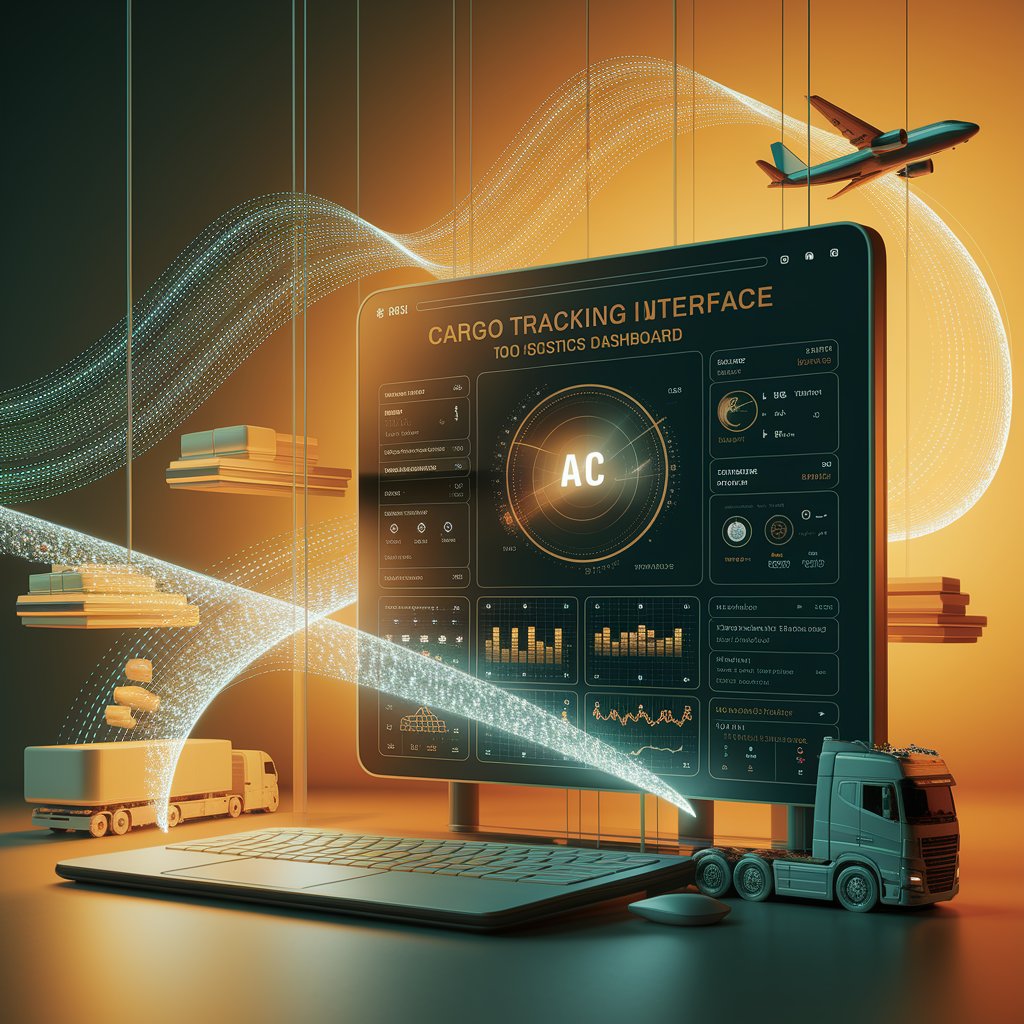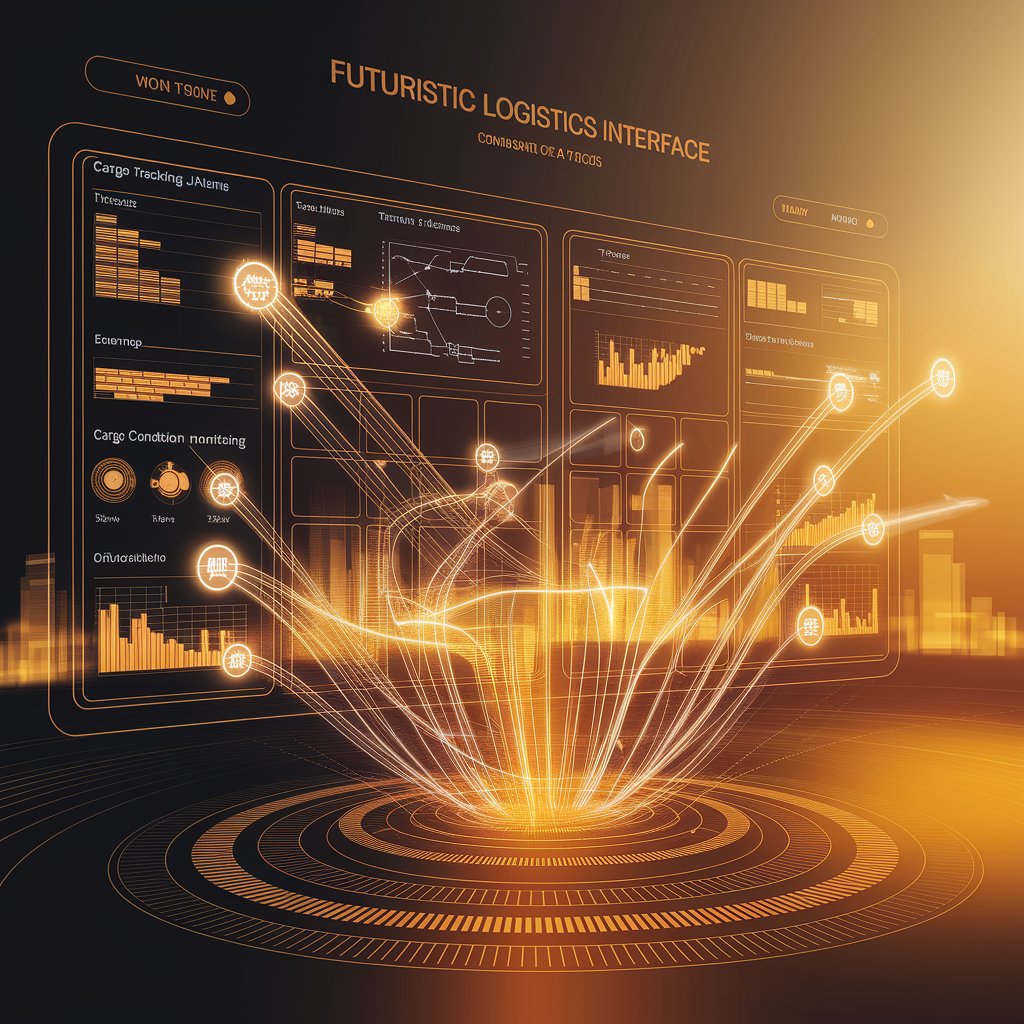Cargo Tracking AI Tools: Real-Time Visibility for Smarter Logistics

Introduction
Cargo tracking AI tools are changing the game. By combining artificial intelligence with IoT sensors, GPS, and predictive analytics, these tools deliver real-time cargo visibility, identify risks before they happen, and optimize logistics performance.
What Are Cargo Tracking AI Tools?
Cargo tracking AI tools are digital solutions that use artificial intelligence to monitor and manage shipments across the supply chain. Unlike traditional tracking systems that only provide location updates, AI tools analyze vast amounts of data to:
- Predict delays
- Optimize routes
- Monitor cargo conditions (temperature, humidity, vibration)
- Provide proactive alerts
This creates end-to-end transparency and enables smarter, data-driven logistics decisions.

Key Features of Cargo Tracking AI Tools
- Real-Time Location Tracking – GPS-enabled monitoring for global shipments.
- Predictive Delay Alerts – AI forecasts potential disruptions (traffic, port congestion, weather).
- Condition Monitoring – IoT sensors track temperature, humidity, and shocks for sensitive cargo.
- Automated Notifications – Instant alerts for shippers, carriers, and customers.
- Integrated Dashboards – Centralized visibility across air, sea, rail, and trucking.
- Analytics & Reporting – Data-driven insights for continuous improvement.
Benefits of Cargo Tracking AI Tools 📈
- End-to-End Visibility – Track shipments in real time across all modes.
- Risk Reduction – Anticipate disruptions before they impact delivery.
- Improved Customer Experience – Provide accurate ETAs and proactive updates.
- Cost Savings – Minimize detention fees, rerouting costs, and spoilage.
- Compliance – Monitor conditions for sensitive cargo (pharma, food, electronics).
- Operational Efficiency – Reduce manual calls and emails for shipment updates.

Real-World Applications
- Pharmaceuticals – Monitor temperature-sensitive drugs with AI-powered alerts.
- Perishables – Track food cargo conditions to minimize spoilage.
- E-commerce – Provide real-time delivery updates to customers.
- Freight Forwarders – Centralize tracking across multiple carriers and modes.
- Maritime Shipping – Anticipate port congestion and optimize vessel arrivals.
Challenges in Implementing
- High Costs – IoT sensors and AI platforms require investment.
- Data Integration – Legacy TMS and ERP systems may not connect easily.
- Connectivity Gaps – Remote regions may lack reliable GPS/IoT coverage.
- Cybersecurity Risks – Cargo data must be protected against hacking.
- Change Resistance – Staff and partners may resist adopting new tools.

Best Practices for Success
- Start with High-Value Cargo – Deploy AI tools for sensitive or expensive goods first.
- Integrate Across Platforms – Connect tracking tools with ERP, TMS, and WMS.
- Focus on Data Quality – Ensure sensor and GPS data is accurate and reliable.
- Use Predictive Analytics – Move beyond “tracking” to forecasting risks.
- Train Teams & Customers – Ensure stakeholders understand how to use insights.
- Monitor ROI – Track cost savings, reduced delays, and improved satisfaction.
Future of Cargo Tracking AI Tools 🚀
- Autonomous Cargo Monitoring – AI making adjustments without human input.
- Blockchain Integration – Tamper-proof cargo records shared across networks.
- Digital Twins – Simulations predicting cargo flows and disruptions.
- Edge AI – Processing cargo data directly on IoT devices for faster decisions.
- Sustainability Tracking – AI monitoring emissions and green logistics performance.
Conclusion
Cargo tracking AI tools are transforming how logistics providers and shippers monitor shipments. By combining real-time visibility with predictive intelligence, these tools reduce risks, cut costs, and deliver superior customer experiences.
In today’s competitive market, adopting cargo tracking AI tools isn’t just about visibility—it’s about building smarter, more resilient supply chains.
